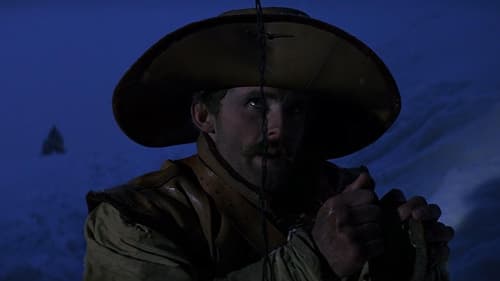
Director of Photography
The Deluge Redivivus is a new remastered cut of the original Polish “The Deluge” from 1974 that was released for the film's 40th anniversary in 2014.

Director
War drama directed by Jerzy Wojcik.

Director of Photography
The hard-working son of a dying country woman hires a stranger to take care of his mother.
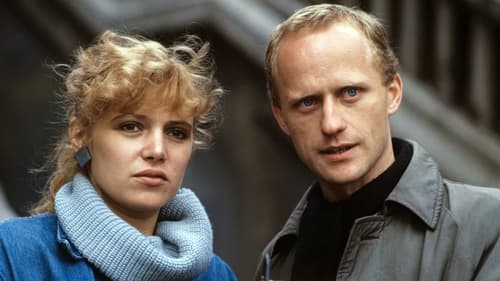
Cinematography
About a sound designer for films who years ago, while in bed with his mistress, failed to respond to calls for help outside his door. Now during the recording of the audio track for a new film he begins to hear strange noises on his headphones.
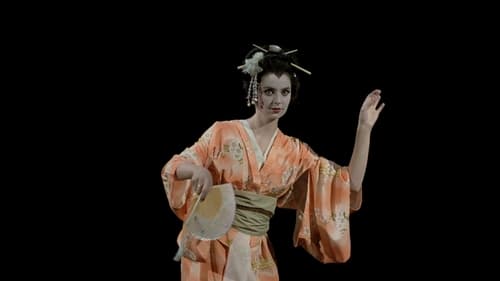
Director of Photography
A psychological portrait of Ewa, a young Polish theatre actress searching for her own way in life. She plays a minor role in Jasieński's 'The Ball of Mannequins', a complete opposite of her real personality, while aspires to star as Cordelia in Shakespeare's 'King Lear'. Ewa lives on her own, occasionally visiting a famous old actress to talk about theatre, taking care of a poor neighbor, and fights her sophisticated mother rejecting the truth about her beloved father, who died an alcoholic.

Camera Department Manager
The action takes place in Warsaw in the second half of the 19th century. The main character is the head of the girls' school - Mrs. Emma Latter. Ms Latter is struggling with the financial problems of her institution, because the parents of the students are still in arrears with payments. In addition to professional problems, she is tormented by problems with adolescent children. All this causes Mrs. Latter to experience a mental breakdown.
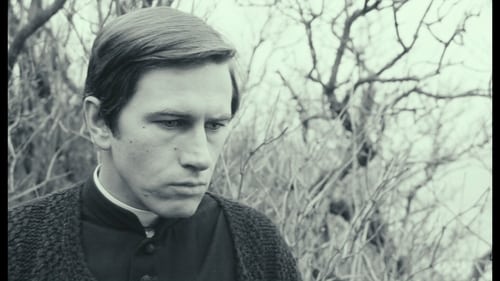
Director of Photography
Set during the German occupation of Poland during WWII. A priest in a small village meets a revolutionary who is on an assignment to kill a supposed Nazi collaborator.

Writer
Story of Podgaje massacre in January 1945 in which SS troop murdered captured Polish soldiers.

Cinematography
Young former partisan recalls his war experience during a trip to the sea.
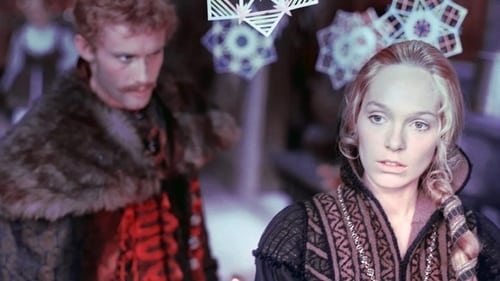
Director of Photography
During the Swedish invasion of Poland, the brave warrior Andrzej Kmicic, considered a traitor to the nation, fights for a country, redemption and love across the 17th-century Polish territories.
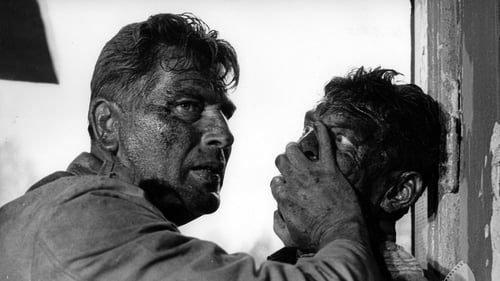
Cinematography
Westerplatte is a small peninsula at the entry to the Gdansk Harbour. Before World War II, it functioned as a Polish ammunition depot in the Free City of Danzig/Gdansk. Its crew consisted of one infantry company and a group of civilians, 182 people in total. It was the only Polish guard-post at the mouth of the Vistula River, with as little as five sentries, one field cannon, two anti-armour guns and four mortars. It was the first obstacle to Hitler's predatory march across Europe. The first shots of World War II were fired here. This film tells the story of Westerplatte's courageous defenders.
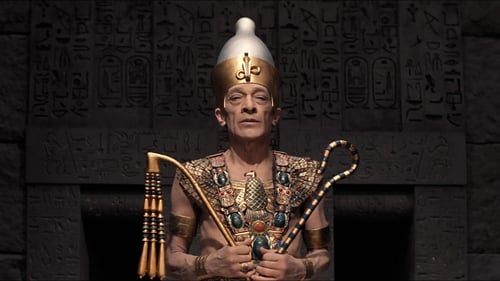
Director of Photography
Young Pharaoh Ramses XIII clashes with Egypt's clergy over influence on the affairs of the state and its coffers. inexperienced, but quite ambitious pharaoh is putting up a fight against a powerful clan of priests usurping rule over the country.

Director of Photography
It seems that nothing can ruin Henryk’s (Wienczyslaw Glinski) happy life. He’s a respected lawyer, he’s loved by his son and wife. One day, he receives a letter from the prosecutor’s office. He’s accused of collaborating with the Gestapo. It’s an echo of his past under occupation.

Director of Photography

Director of Photography

Director of Photography
A boy awaits the return of his long-absent emigre father but is disappointed when they finally meet.

Director of Photography
Sampson is one of several Andrzej Wajda films harking back to his youth during the Nazi Occupation of Poland. Many of these concern not only the struggle between good and evil, but also between passive and impassive. The hero is a Jewish youth. He, like his family, has always been silent and undemonstrative in the face of prejudice. Now he stands up for his right to survive, and in so doing represents the fighting spirit that culminated in the 1943 Warsaw Uprising. It was originally titled Samson, but re-spelled as Sampson upon its American release to avoid confusion with a sword-and-sandal epic of the same name.
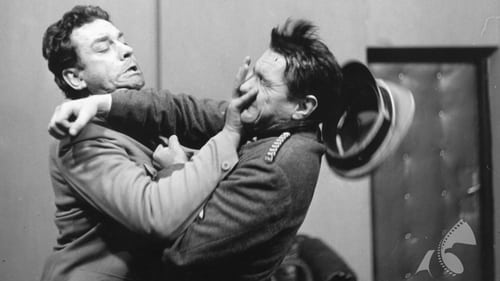
Director of Photography
Fram is in a German POW camp where brutal, cold-hearted Gestapo officers like Weber or Von Steinhagen terrorize and execute their Polish prisoners. One day Fram sees a way to escape the camp and he takes it, heading out to find his fellow resistance fighters.
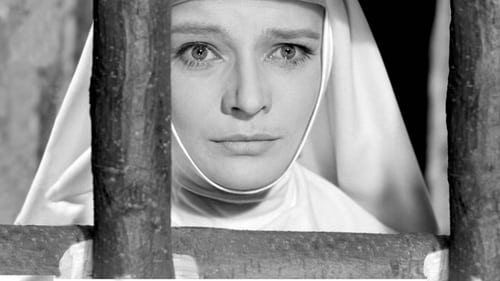
Director of Photography
A priest is sent to a small parish in the Polish countryside which is believed to be under demonic possession and there he finds his own temptations awaiting.

Director of Photography
"In 1960 Kazimierz Kutz' second film NIKT NIE WOLA / NOBODY'S CALLING, based on a Jozef Hen novel that was never published in Poland, described the fate of Poles on the Eastern Front. Kutz used the film to explore new formal solutions, collaborating closely with cinematographer Jerzy Wojcik to reveal the psychological landscape of a pair of lovers who are strongly affected by wartime events. The camera recorded the couple's inner experiences, contrasting their muted intimacy against the surrounding scenery of a ruined town. The film did not win over critics at the time of its release. It was not until later that critics recognized Kutz's effort to experiment with aesthetics in a manner akin to that pursued by filmmakers of the new wave. NOBODY'S CALLING came to be compared with Michelangelo Antonioni's THE ADVENTURE, which was produced around the same time."
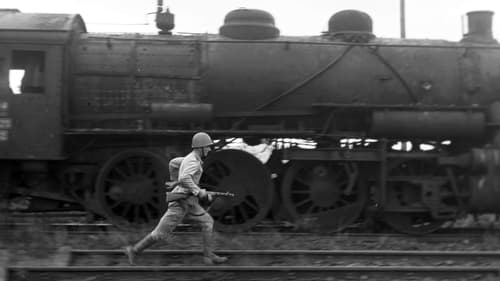
Director of Photography
Three episodes showing the repercussions of war. A soldier is awarded with the Cross of Valor and vacation to home. But instead of his village, he finds only the charred ruins. A stray dog turns out to be the former guard at Auschwitz. A young widow is hailed as the wife of the hero but dreams of something else.
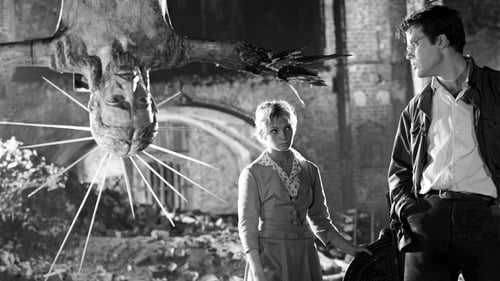
Director of Photography
第二次世界大戦末期、ポーランド。反ソ派テロリストのマチェック(チブルスキー)は、ソ連から来た共産地区委員長暗殺の指令を受ける。しかし、誤って別の男二人を殺してしまう。「世代」「地下水道」に続くワイダの戦争三部作。モノクロの画面の中、虫けらのように儚く消えてゆく青年の命。その空しい死に様は、観る者を絶句させずにはおかない。
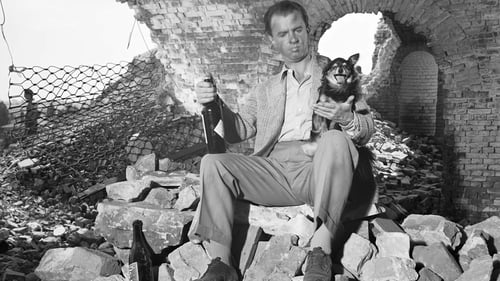
Director of Photography
Tells two tales set during WWII: A seemingly feckless and selfish finally takes up arms in the national struggle against the Nazis. Set in a POW camp, Polish inmates cling to their hopes for an eventual escape, encouraged by the legendary escape of one of their own.

Writer
A group of young Lódz hoodlums spends their time shoplifting, partying and drinking heavily, until they are faced with serious consequences of their reckless behaviour.
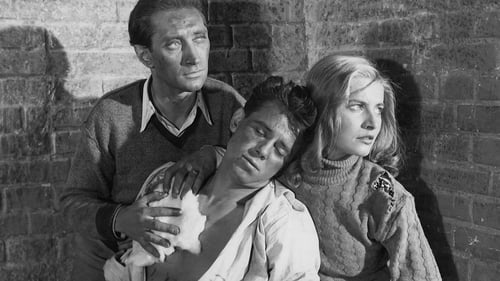
Camera Operator
'44年、ソ連軍の進軍近しと判断したロンドンの亡命政府の指令で敢行されたワルシャワ蜂起。しかし20万もの犠牲を出す壊滅的打撃を受け、レジスタンスたちは地下水道へと逃げ込む。物語は、ほぼ全編、その地下水道の中で出口のない、あるいはあっても出られない緊迫感を持って繰り広げられる。語られる人間ドラマもさることながら、その状況こそが当時のポーランドの姿そのものの暗示であった。脚本のスタビンスキーの実体験に基づく、衝撃的な青春の物語。'57年カンヌで審査員特別賞に輝いた。
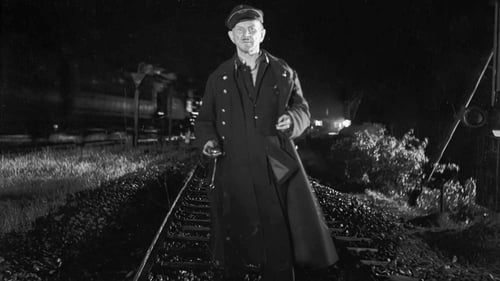
Director of Photography
In 1950, at night, a passenger train kills a man on the tracks. He is Orzechowski, an engineer since 1914. An inquiry immediately follows. Testimony takes the form of flashbacks. Tuszka, the station master, believes Orzechowski was a saboteur; at least one on the inquiry panel agrees. Zapora, the young engineer on the train that hit Orzechowski, gives more complicated testimony about the dead man - stiff-necked, proud, imperious, critical of Zapora and other younger workers. The signalman at the crossing where Orzechowski died also testifies. Can the panel arrive at the truth in a world where workers unite, inferior coal is a badge of honor, and the old order is suspect?





















